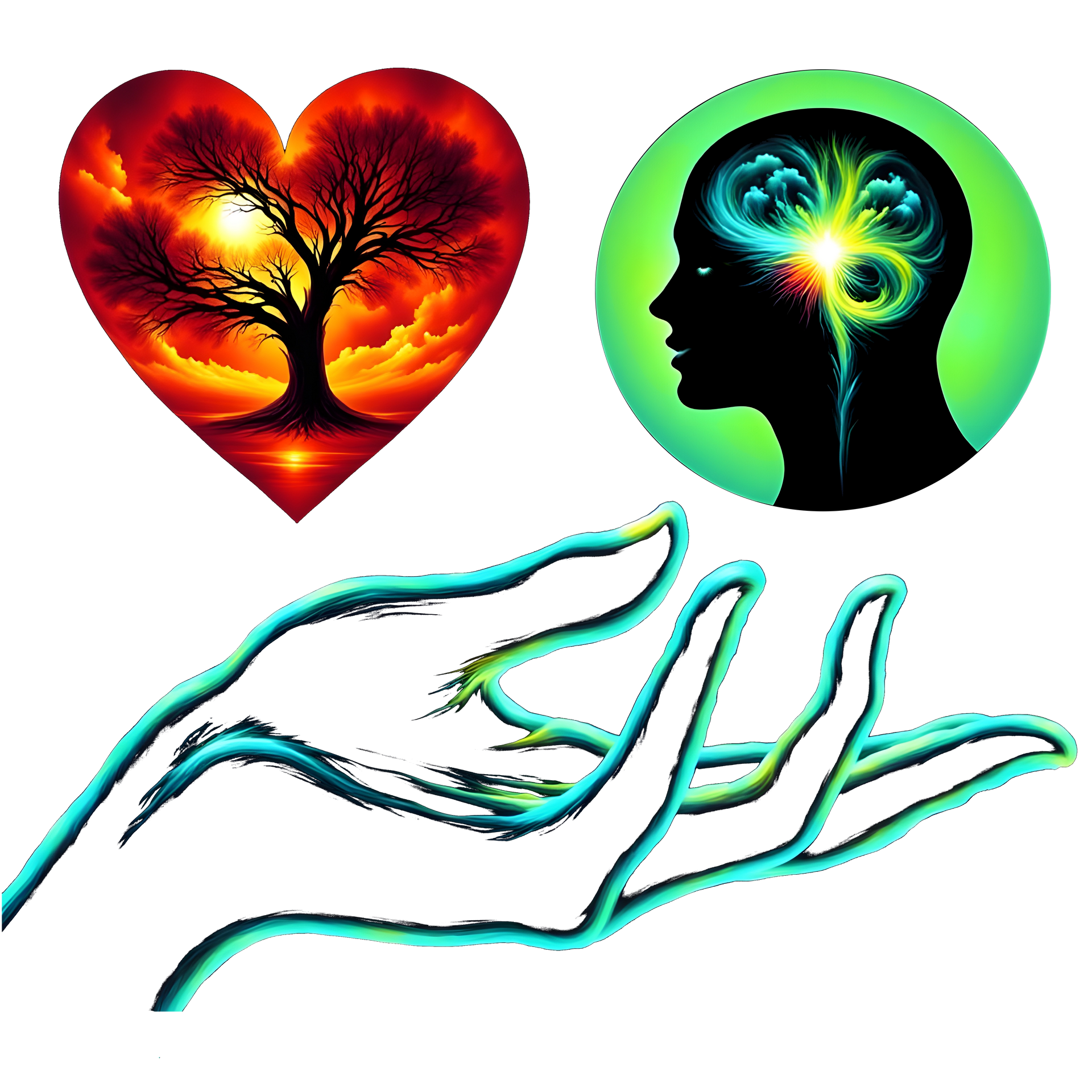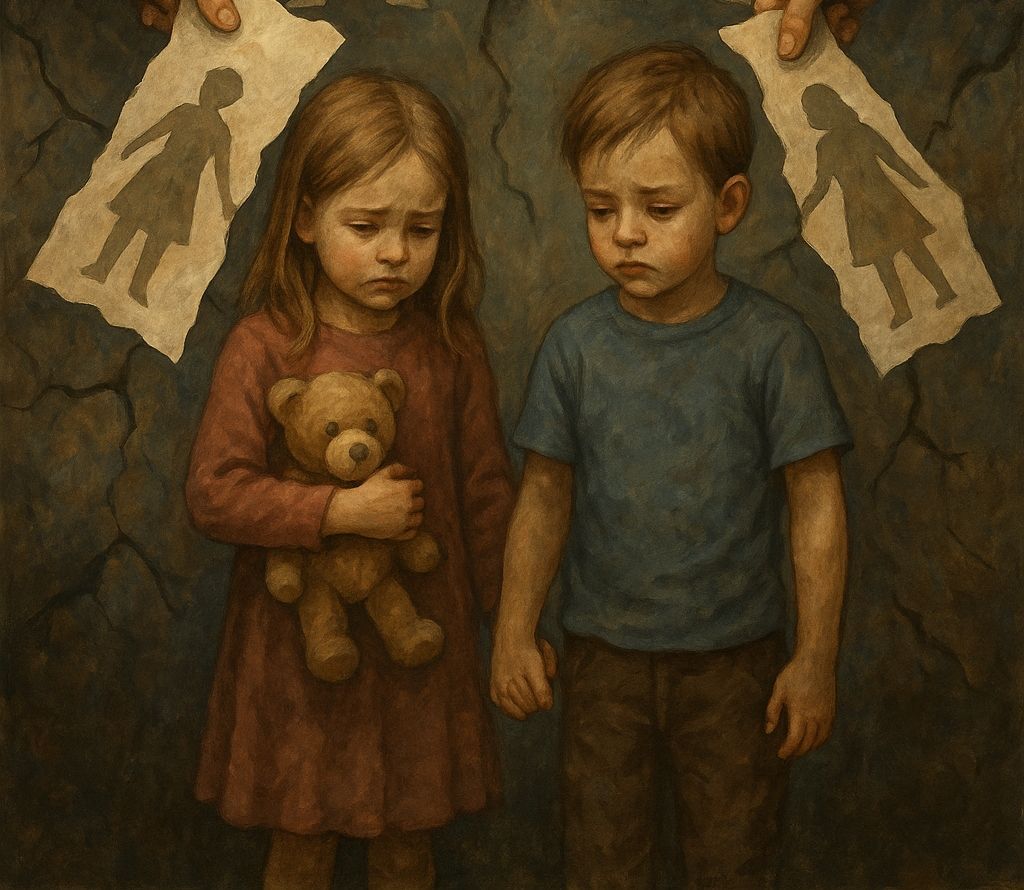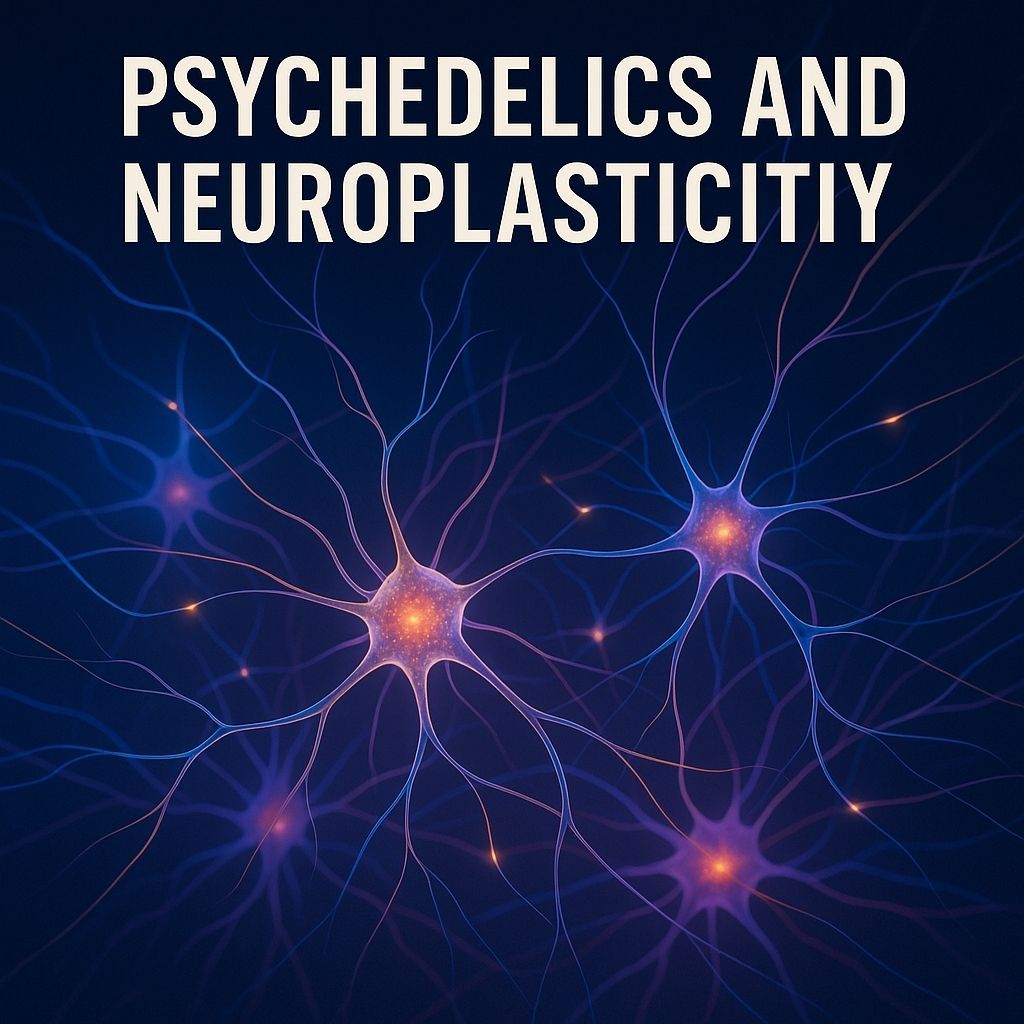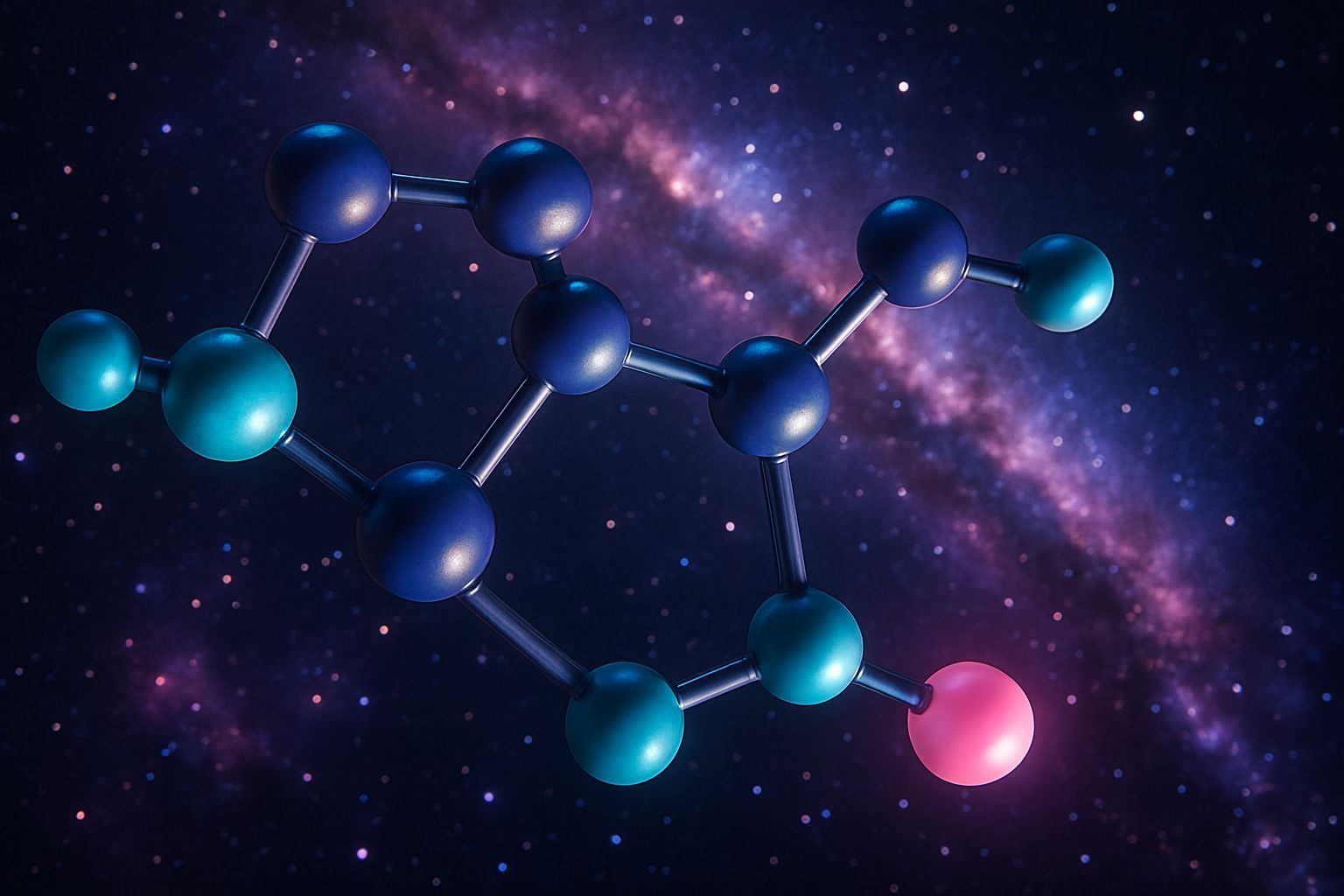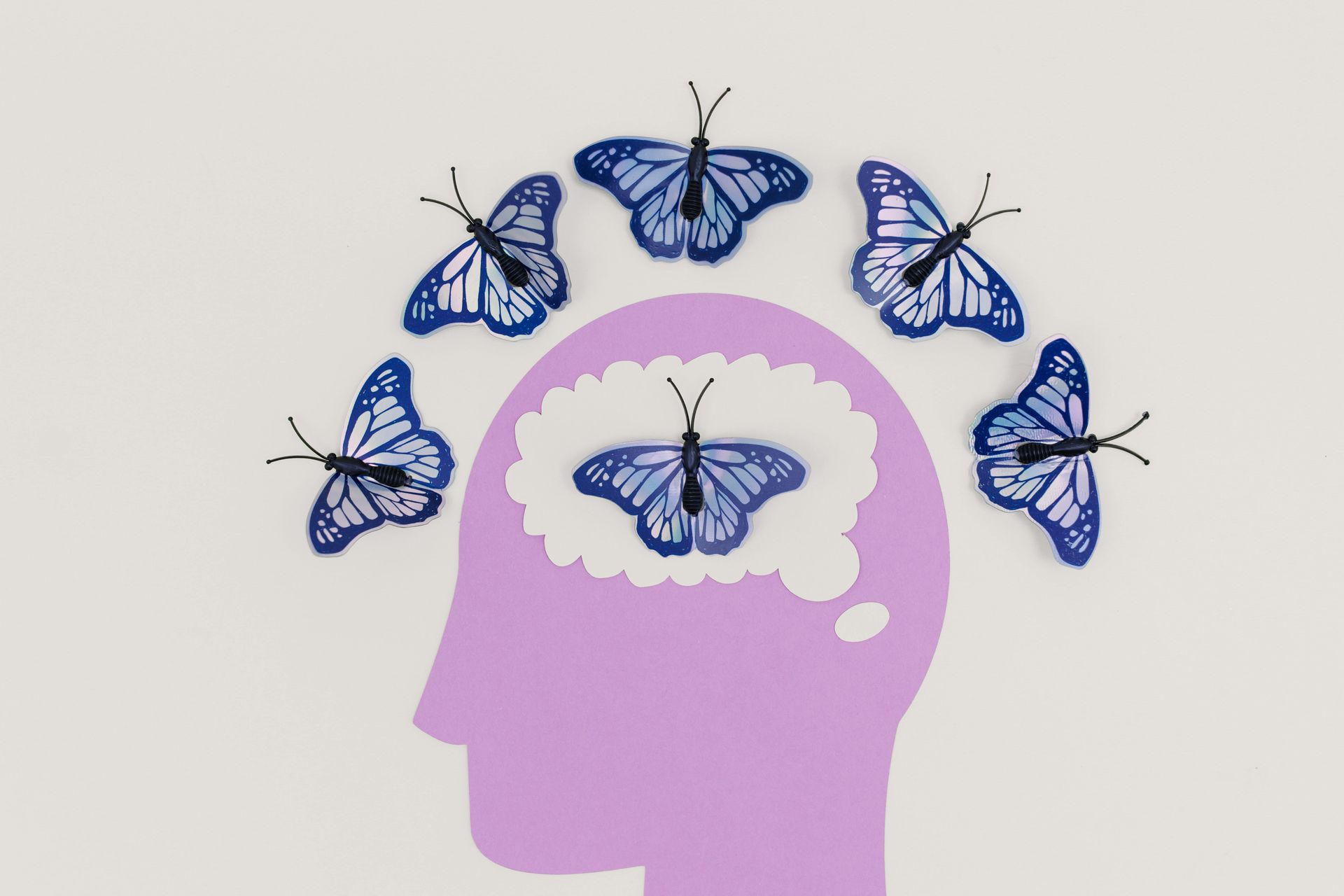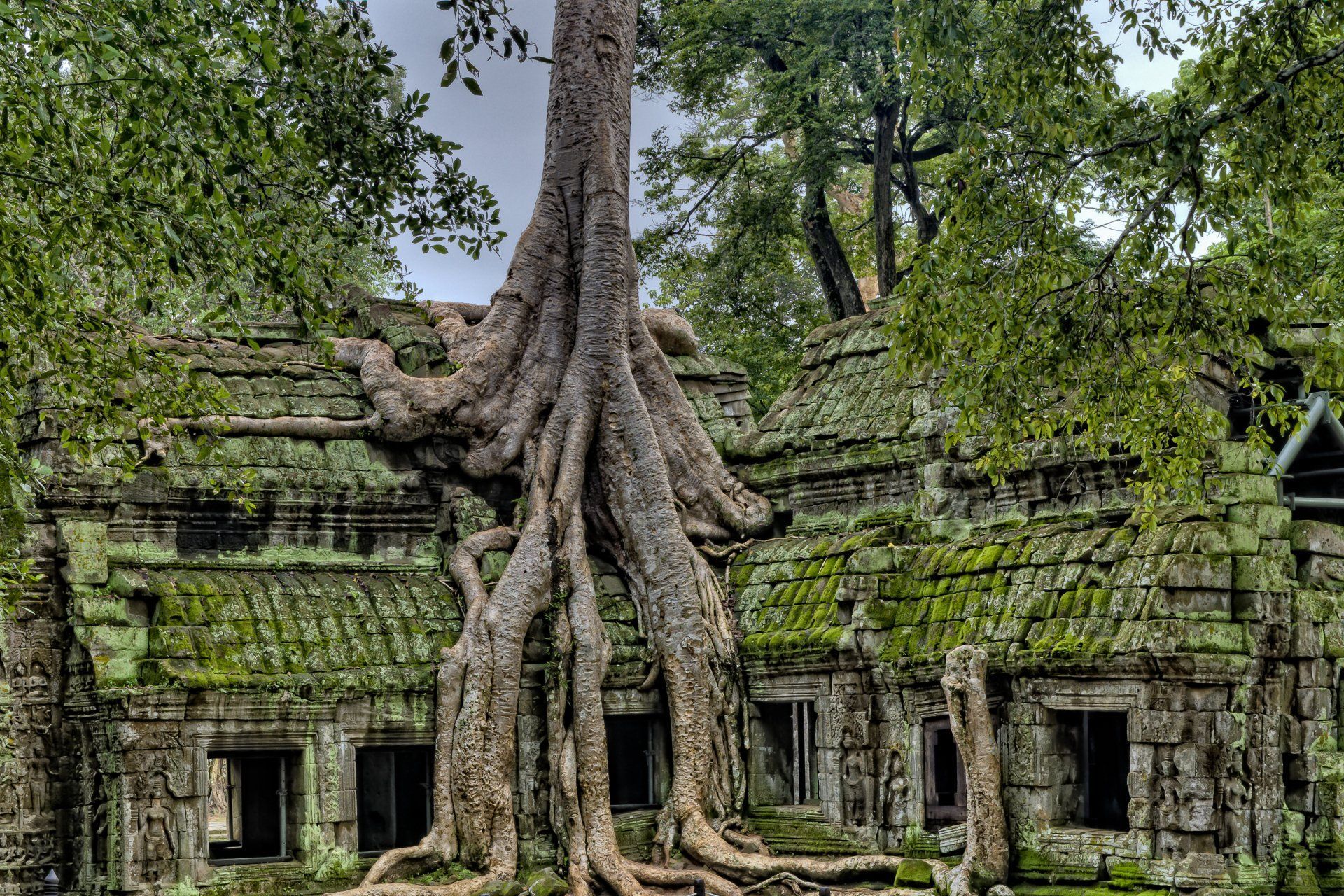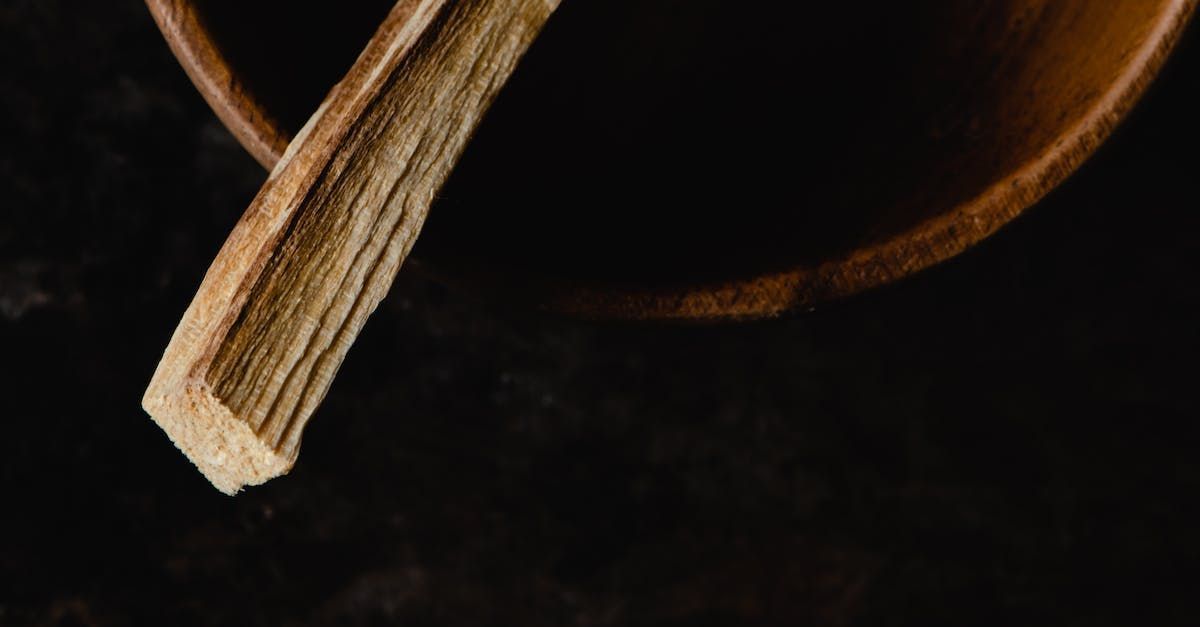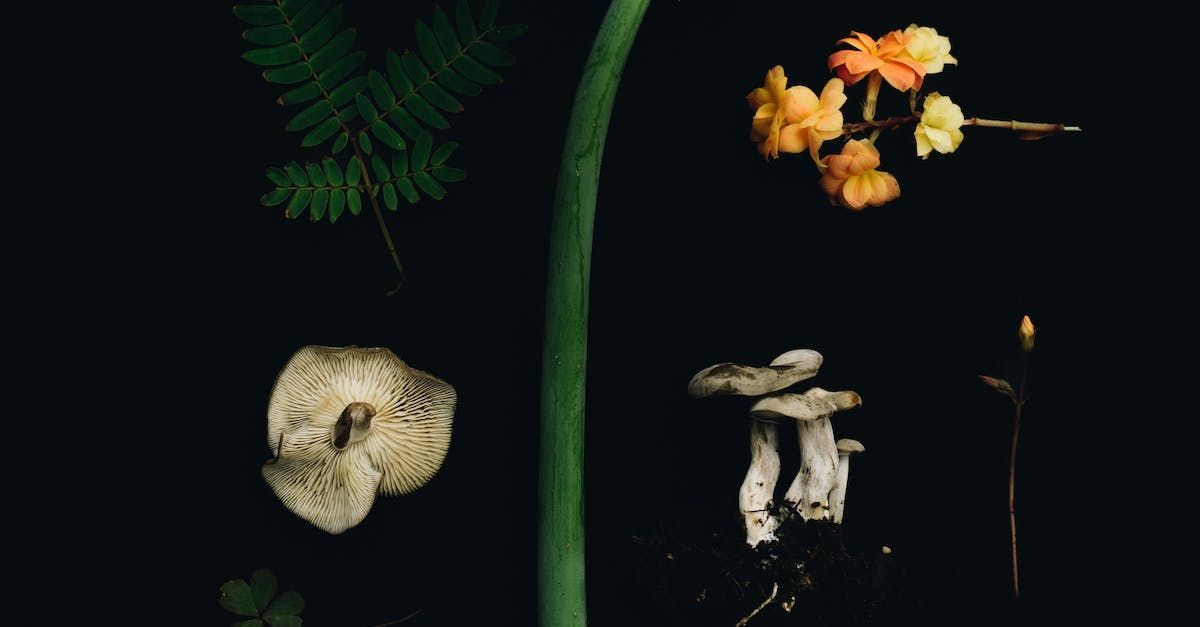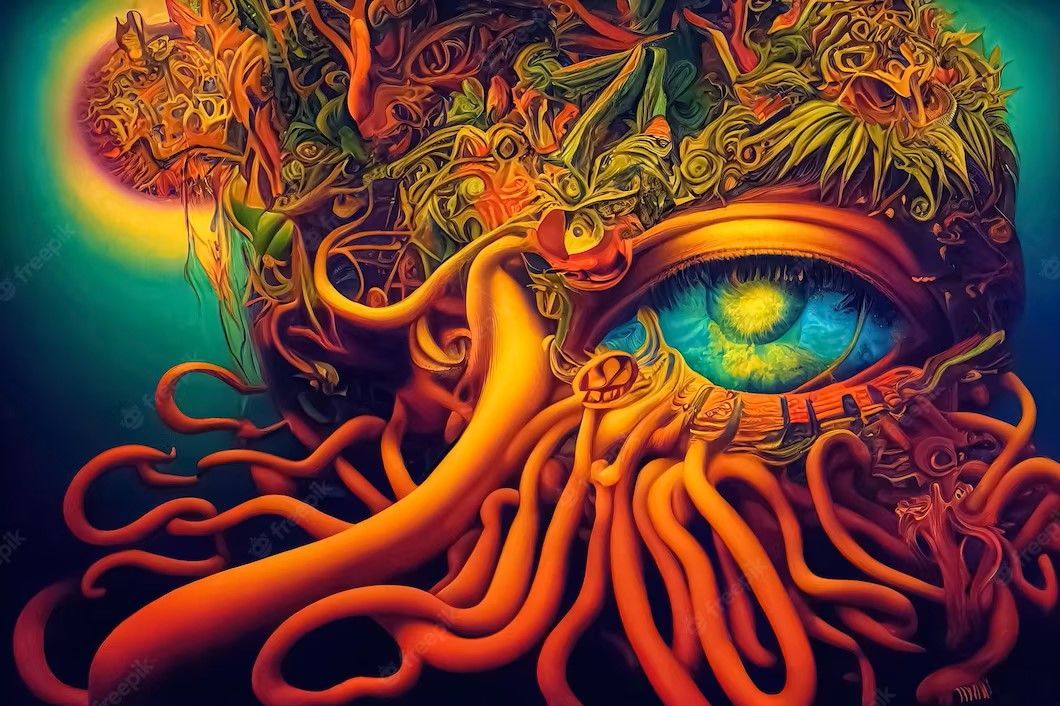Can Ayahuasca help with Depression? In this article we talk about this topic, the possible benefits and the risks involved.
Ayahuasca as an aid in the healing of depression
Mental health today
With rising levels of depression in this fast paced world, many look at alternative methods to tackle their mental health and wellbeing. Medicine fails us at many levels. Antidepressants and other medication may alleviate the symptoms temporarily, but they do not address the root cause.
Psychedelic substances like psilocybin, ketamine and MDMA are being gradually legalized in more and more countries, for the treatment of conditions like Post-Traumatic Stress Disorder (PTSD), Anxiety Disorders and Depression.
What about Ayahuasca and depression? Can Ayahuasca help with Depression? In this article we talk about this topic, the possible benefits and the risks involved. (Find out more about Ayahuasca in our FAQ section.)
Why would someone with depression want to consider taking Ayahuasca?
In our experience many people see Ayahuasca as the last resort. They have tried psychotherapy with modest results, they have maybe even tried antidepressants, but they just could not reach the life quality that they where looking for. It is only natural for each human being to seek a certain level of peace and happiness. Some do not want to go down the medication path, for the fear of a lifelong addiction to the medication. Others intuitively know that, while the antidepressant medication can work wonders short term, it does not eliminate the root cause, thus may not be a long-term solution. Which brings us to the next topic.
What are typical causes for depression?
For a long time it was believed that there is a genetic component to depression, meaning that if you had someone in your family with depression, your risk of experiencing depression would be higher. As a consequence, the treatment approach tended to be somewhat shallow, since by not looking into other possible root causes, the only solutions would lie in managing the condition, not in actually healing it.
Recent studies however show, that the correlations are more complex then that. In simple words, it is not that the genetics where necessarily past on - not everyone who has a depressed parent, will experience depression. But if you grew up with a depressed parent, it is likely that you have not had the nurturing environment that you needed as a child, thus developing depression in life as a result of childhood trauma.
But obviously not only depression in the parents cause childhood trauma. And what is trauma anyway? Trauma is not only the negative things that affected you as a child, but also the positive things that you may have missed, the nurturing that should have happened and did not happen.
Then of course, not everyone who has experienced childhood trauma, will get depressed later in life. Which closes the loop: when looking at depression, there are always several factors for the onset. Here are some them:
- There are studies who show a clear correlation between gut health and depression.
- There are studies who show a direct correlation between a vegetarian/vegan diet and depression. (Sorry for the bad news beautiful souls, but you need to be very mindful of your nutrients when on a long-term vegetarian/vegan diet. Make sure you get all your essential amino acids, as well as minerals and vitamins.)
- Low levels of vitamin D can cause depression.
- A burn-out that has not been addressed can cause depression.
- One of the consequences of frequent sleep deprivation is depression.
- Grief, physical illness, divorce, addiction, financial problems, everything that causes high levels of stress are all factors of depression.
However, studies also show, that someone who grew up in a nurturing environment, naturally has a higher resilience to deal with stressful situations, then someone who grew up in an environment with a lot of distress. In fact it was shown that the more Adverse Childhood Experiences someone experienced, the higher the risk of physical and mental illness later in life
(read more here) .
So then, how can Ayahuasca help? Ayahuasca and depression
First things first, Ayahuasca is not a panacea, a miracle cure. You should be wary of statements that suggest that Ayahuasca (or for that matter any psychedelic substance, be it in a ceremonial or a clinical setting) will be the cure for your condition. Also statements like "Ayahuasca is like 10 years of therapy in one session" are not necessarily useful. Some people will experience very fast results indeed, while others might struggle for months or years even. We would all wish for an over-night betterment of our lives. But it is slightly more complicated then that, since taking Ayahuasca, will not change your life-circumstances, YOU will have to change the life-circumstances that are not conducive to your healing.
What Ayahuasca (and other psychedelic substances) does is that it allows you to gain a new perspective on your life, on your trauma, on your unique circumstances. It is an experience specifically tailored to you. It is typical for the depressed person to have a narrow view on their possibilities. Ayahuasca can open up, loosen those narrow perspectives. It can support you with the healing of the inner child, so that the grown up person can make better decisions. It can help you see things in a more positive manner. It can help you find the strength to feel through the negative feelings that you have been repressing, so you can heal. It can help you see the reasons for your addiction(s) thus supporting the healing.
But in 99% of the cases, it does not happen overnight. You will have to critically look into all areas of your life. This could mean tackling questions like:
- Am I truly ready to come out of the victimhood and take back my life? Many times there is a subconscious block, that sabotages the determination for healing. That needs to be uncovered and removed.
- Do I have a happy relationship/marriage, where I feel supported? Many depressed people find that they are in relationships that trigger their trauma. However, loneliness is also a factor for depression. Human beings need connection. That does not necessarily need to be in a marriage or partnership, but the more isolated you are, the more depressed you could be. In situations where there are no supportive friends or families, a support group might be a temporary solution.
- Do I like my job, is it meaningful? It was shown that having a meaningful purpose will increase mental wellbeing.
- Are my close friends and relatives supportive or are they dragging me down? Often the expectations from our family and friends are completely different than our own needs and desires.
- Do I eat a healthy diet? Am I drinking or smoking to much? Most depressed people are struggling in these areas. That affects their physical health, deepening the mental struggle.
- Am I suppressing feelings like guilt, shame, anger, helplessness? By suppressing the negative feelings (and we do so because they are too painful), we also suppress the positive feelings.
- Do I love myself and make good decisions for myself or do I criticize myself often? Many times we are more critical of ourselves, than we are of others. But in order to heal, we need to create a loving, nurturing internal environment. Self-loathing and criticism have a huge negative impact on our physical and mental health.
- Do I have enough time for myself, for exercise, for hobbies, for spending time in nature? Often we are there for others and never have time for ourselves.
- Do I feel empowered over my life? Do I have a sense of choice, of possibilities for change? The feeling of helplessness can be very overwhelming, leading to depression.
- Am I good with keeping healthy boundaries? Often we live the life of others, by doing what is expected of us, instead of following our own desire.
- Do I understand my needs and wants? Sometimes we are so disconnected from ourselves, that we don't even know what we want. We just follow. But that can only lead to a feeling of disempowerment and misery.
- Are there any physical factors to the depression, like poor gut health, hormonal imbalance, low levels of essential amino acids, minerals and vitamins? Even if I have worked on my childhood trauma and all the negative factors in my life, there might be biological factors to the depression. In fact they might be a consequence of the depression and need to be addressed for a full recovery.
Ayahuasca can open the door for you to deeply understand yourself and how you relate to these topics, but you have to walk through it. If you go back to life as usual, no amount of Ayahuasca will help you. There has to be a strong desire (also called intention, when working with Aya), paired with the decision to do whatever change is necessary. This might sound as too much to do, especially to the depressed person. But this is where Ayahuasca (with the aid of the facilitators that you work with) steps in: it can help you gain strength and determination. It can help you heal the underlying pain and can help you see yourself through a new pair of eyes. When people follow these steps, they regain full control of their life and their internal environment within months. Even autoimmune diseases like allergies or psychosomatic pain tend to disappear, when following this holistic approach.
What are the risks and contra-indications?
Ayahuasca cannot be taken if on antidepressants, or if you have high blood-pressure or a heart condition. There are extensive lists of medications that in conjunction with Ayahuasca pose a health risk or can even be deadly.
Also, suicidal ideation is often a topic with depression. Ayahuasca tends to bring up all the negative emotions that are repressed, which sometimes means that for a couple of days or even weeks after taking Aya, it might get worse, before it gets better. Of course, this is a natural healing process of the psyche, but for the depressed person it can be very unsettling and the suicidal thoughts can become stronger. It can also bring up repressed memories of the cause of the trauma.
This is why a good screening and evaluation of the persons mental state is imperative. Making sure the person is supported through this phase, mental preparation and a very good integration is absolutely necessary. In lay words, you can only take Ayahuasca, if you are in a somewhat stable state.
That being said, one must not despair. Tools as meditation, psychotherapy or Rapid Transformational Therapy and even spirituality, can help people prepare to hold the Ayahuasca experience and the findings that come with it. Bringing the person to a place where they are ready to take on the challenge, paired with integration support holds the key to success!
If you feel ready to embark on this amazing journey, check out our "
Next Retreats " section and schedule a call with us, so we can evaluate your situation and give you advise for your next steps.
VineoftheSoulRetreatsBlog

